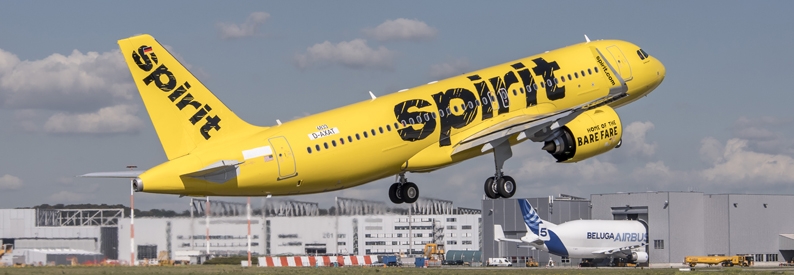Flying Will Stay Turbulent After Shutdown — Here’s Why Spirit Matters

Relatively few travelers choose Spirit Airlines, but the ultra-low-cost carrier still plays an outsized role in shaping airfare trends across the U.S. Even as government-mandated flight cancellations ease, the effects of the shutdown are expected to linger — and Spirit’s position in the market is a major reason why.
Spirit’s low fares typically pressure larger airlines to keep prices competitive, especially on popular leisure routes during peak holiday travel periods. When Spirit reduces capacity, faces operational challenges or struggles financially, competing carriers often raise fares due to diminished price pressure. That means travelers can end up paying more, even if they never book a Spirit flight.
Industry analysts say that the shutdown has disrupted schedules and weakened the competitive landscape, and until carriers fully restore service, travelers should expect continued turbulence across the market. Spirit’s ongoing financial and operational uncertainty may further affect fare levels, route availability and travel demand well into the holiday season.
In short, Spirit Airlines remains a key factor in how much Americans pay to fly — and the aftermath of the shutdown ensures that its influence will continue to be felt long after cancellations subside.
